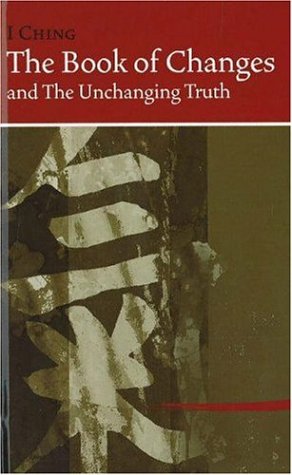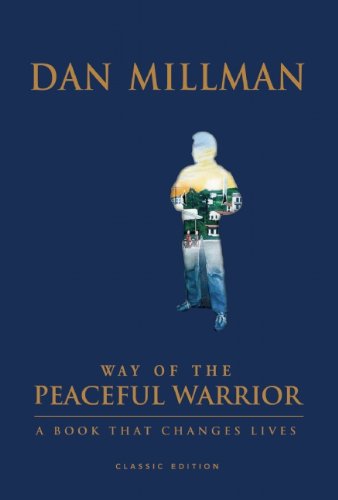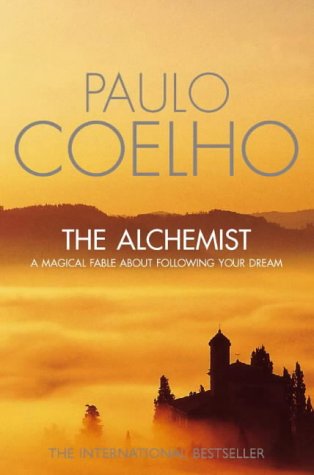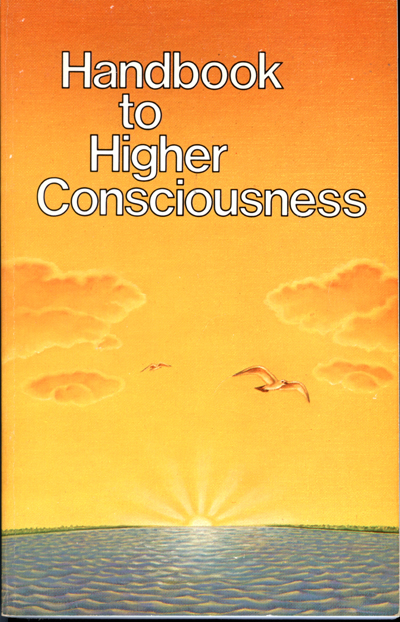Created on Sunday, 29 March 2009 13:18
"I Ching: The Book of Changes and The Unchanging Truth" is an in-depth instructional guide to the ancient philosophical and divination system that has been used by the Chinese for nearly 
From Yin/Yang theory to the Five Phases of Energy, to the Natural Calendar, the Constellations, Heavenly and Earthly cycles, and much more, The Book of Changes and The Unchanging Truth explains ideas expressed by ancient scholars such as Confucius in plain terms. A must-read for anyone interested in learning more about or practicing divination with the I Ching.
 of themselves. Indeed, Way of the Peaceful Warrior does just that with its piercing truths, lively narrative, and humorous wisdom. Like Castaneda, it enables the reader to reflect on the deepest questions of life.
of themselves. Indeed, Way of the Peaceful Warrior does just that with its piercing truths, lively narrative, and humorous wisdom. Like Castaneda, it enables the reader to reflect on the deepest questions of life. who one night dreams of a distant treasure in the Egyptian pyramids. And so he's off, leaving Spain to literally follow his dream.
who one night dreams of a distant treasure in the Egyptian pyramids. And so he's off, leaving Spain to literally follow his dream. wisdom. After reading a few more pages I decided to buy it and I can honestly say that it's been the single most helpful book I've ever read in my life. I've probably read it a dozen times since then and it's the one book that's actually changed my life. For anyone willing to make the effort these methods truly do work and you can start feeling the benefits almost immediately.
wisdom. After reading a few more pages I decided to buy it and I can honestly say that it's been the single most helpful book I've ever read in my life. I've probably read it a dozen times since then and it's the one book that's actually changed my life. For anyone willing to make the effort these methods truly do work and you can start feeling the benefits almost immediately.